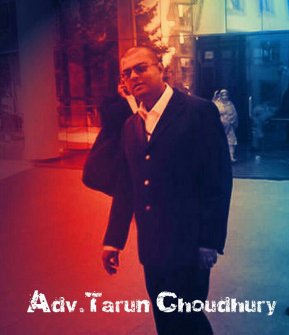On October 28, 1998, then-President Clinton signed the Digital Millennium Copyright Act (DMCA) into law. Think of it as the federal government's first shot over the bow at dealing with the many intellectual property issues raised by our new digital world
In theory, the Internet could be the perfect way to bring information into homes and businesses. No more runs to the library to borrow a book or the store to buy a CD. The problem with translating the theory into reality is that this new digital medium raises many troubling and fundamental questions that remain largely unanswered. For ex ample, should we allow libraries to "loan" a digital copy of a book and do we want to make music freely available on the Net?
The simple reality is that the Net is still pretty new. This thing that comes into millions of our homes with websites, music, entertainment, chat, information, e-commerce, and the list goes on end lessly, may feel like it's been around a long time, but it hasn't. Just 10 years ago it would have been fair to describe the entire body of Inter net law as a pamphlet. Now, we're up to a few volumes, but it's going to take many more years for it to develop to the point where the law answers even fundamental Internet law questions. In 1998, Congress took a shot at adding to a sparse body of law.
The DMCA does things like make it illegal to "manufacture, im port, offer to the public, provide, or otherwise traffic in (sounds like we're dealing with illegal narcotics here) any technology, product, ser vice, device, component ... that is primarily designed or produced for the purpose of circumventing a technological measure that effectively controls access to a [copyrighted] work." In plain English, the DMCA makes it illegal to circumvent copyright protections built into soft ware to prevent piracy, and also prohibits the manufacture, sale, or distribution of code-cracking devices used to unlawfully copy software.
There are some exceptions to these prohibitions. For example, you can circumvent copyright protection devices to conduct encryption re search and test computer security systems. Also, nonprofit libraries, archives, and educational institutions get their own limited exceptions. If you're getting the feeling that this is a complex and detailed statute, you're right. But look at what Congress had to tackle. The issues are intrinsically complex, inherently new, and you have competing and divergent interests everywhere.
Copyrights in Cyberspace
Posted in:
Computer laws
Thu, May 3, 18, 05:39, 8 Years ago
comments: 5 - hits: 3877
On October 28, 1998, then-President Clinton signed the Digital Millennium Copyright Act (DMCA) into law.
 |
|
Comments
There are no comments for this article.
Only authorized users can leave comments. Please sign in first, or register a free account.

